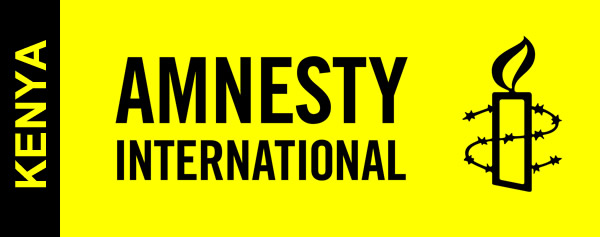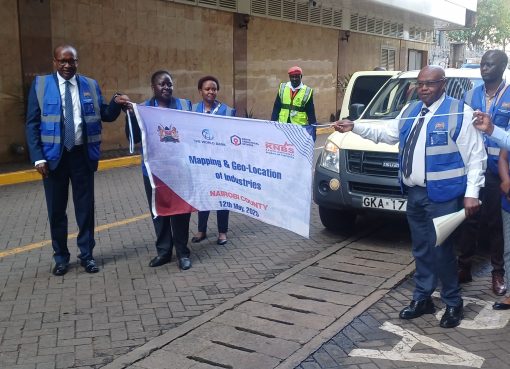Amnesty International Kenya has given a thumbs up to the revised government plans to close down Dadaab and Kakuma refugee camps in June 2022.
The government through the Interior Cabinet Secretary Dr. Fred Matiang’i on Thursday announced that the camps will be closed by the end of June 2022, and has a clear road map on the repatriation process key among them is the socio-economic integration of the refugees to their countries of origin.
Responding to the announcement, Amnesty Executive Director Irungu Houghton welcomed the move and called on the government to identify opportunities for resettling affected refugees.
“Neither permanent refugee camps, rushed camp closures or violating international principles are solutions to this predicament. We trust the Government of Kenya and the UN High Commissioner for Refugees shall work towards identifying more opportunities for resettlement or voluntary repatriation of willing refugees in a dignified manner,” Houghton said.
Houghton voiced their support and said the organization will offer free work permits (Class M) to the refugees from the East Africa Community as a way to integrate them.
Amnesty International had earlier this month opposed the proposed closure of Dadaab and Kakuma refugee camps on April 6 2021 noting that the closure without an orderly approach invited a humanitarian disaster amidst the global pandemic.
“The ultimatum recreated the fear that for the 500,000 refugees currently hosted by Kenya will be violated,” read their statement in part.
Doctors without Borders (MSF) had also urged the Kenyan government to consult with people living in refugee camps before closing the camps permanently.
In a news release, the medical humanitarian organization said that a human-centered approach would ensure that authorities understand the plight of refugees and adequately map out a more desirable future.
The High Court on April 8 2021 issued an order suspending the directive by the government to close the camps with Justice Antony Mrima issuing temporary orders stating the application and enforcement of the directive to close the Dadaab and Kakuma refugee camps.
The latest development comes just days after the UN High Commissioner for Refugees, Filippo Grandi, stated that Kenya will not close the Dadaab and Kakuma refugee camps, but will instead seek solutions.
Dadaab and Kakuma are in the northern and eastern parts of the country, respectively, and are homes to more than 410,000 people from Somalia and South Sudan.
By Alice Gworo




